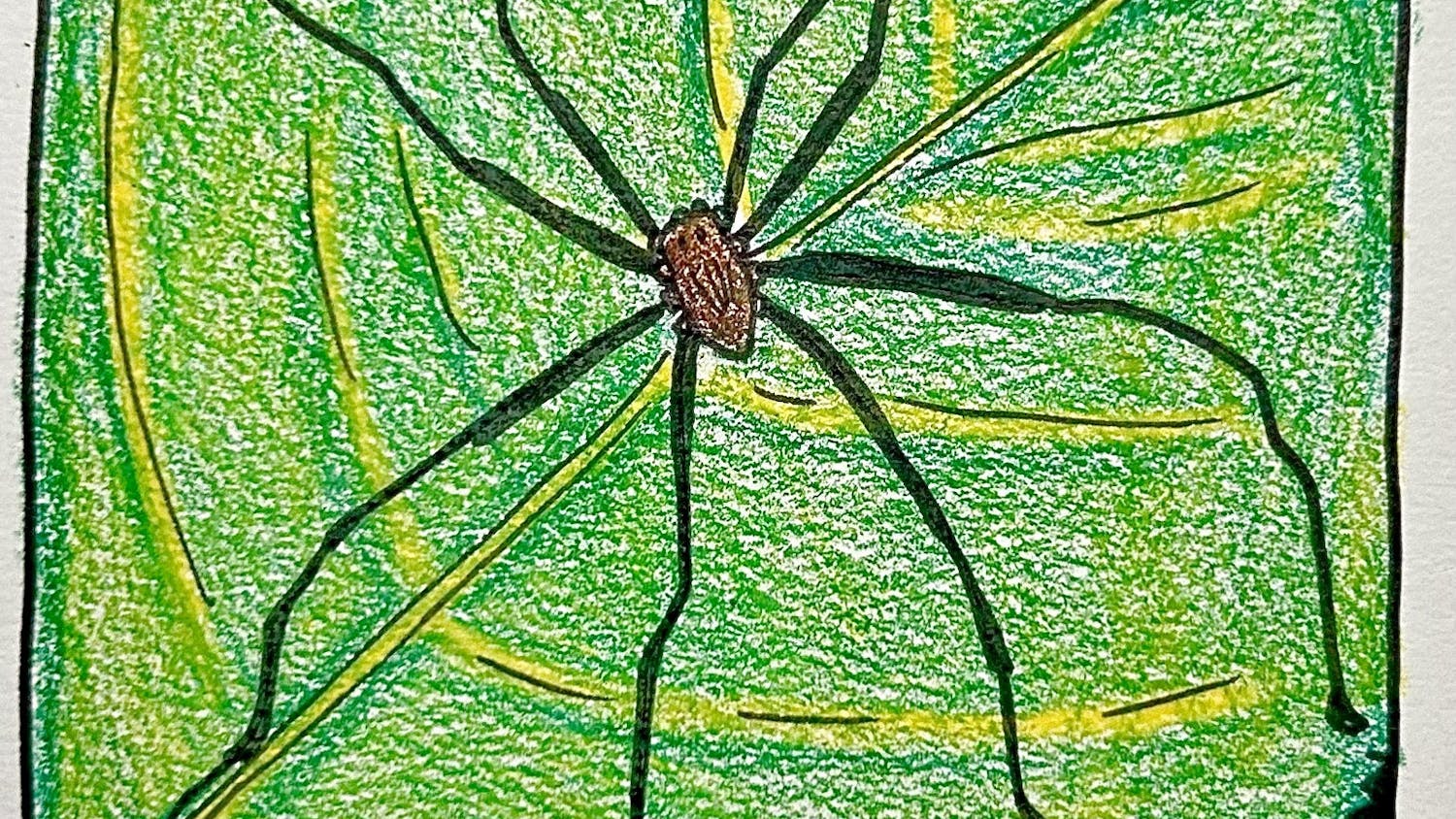In a study done by the UW-Madison department of psychiatry, certain regions in the brain were discovered to be responsible for determining the likelihood of a person developing anxiety. These regions were found to likely contain genes that are the cause of genetically inherited anxiety.
Previous studies have already identified correlations between parents who have anxiety and the odds that their children will develop it as well. But according to the study’s lead author Andrew Fox, no one has identified the specific regions in the brain responsible for this correlation.
“We can do the same analysis, not just for behavior, but also for brain metabolism,” says Fox.
The previous studies used an intergenerational correlation analysis to determine the heritability of anxiety in behavioral tests.
In Fox’s study, they experimented with young rhesus monkeys and measured their levels of anxiety during a stressful situation. “We tried to see if we could find differences in brain metabolism that corresponded to that type of behavior,” says Fox. In the situation, researchers placed over 90 rhesus monkeys in a room one at a time, and exposed them to a “potentially threatening” human figure who would walk into the room and “not present his profile,” meaning the human would not look at the monkey while they were in the room, which was a cause for a stressful situation.
Fox’s study then looked at how the monkeys reacted to the situation. The normal reaction was to freeze for a short period before relaxing and sometimes even going up to the human to investigate. But Fox says there were some monkeys who froze out of anxiety, and would remain frozen for the duration of the test.
“There were a couple of animals that froze for the entire 30 minutes,” says Fox. The study demonstrated that since they were using a group of rhesus monkeys that were all related they could estimate the genes that each rhesus monkey inherited from the other monkeys and therefore estimate the heritability of anxiety. Fox says, “We found it to be under 30 percent heritable,” which is consistent with previous studies of anxiety heritability.
Then, Fox and his team applied this same analysis to the heritability of brain metabolisms. Fox says, “[We] look across the brain for those regions, and try to measure the heritability of each individual brain region.” The results from the brain metabolism analysis showed that some regions of the brain are more heavily influenced by ancestors than others. Fox says, “there are some regions that fall through the family tree pretty consistently that are around 50 percent heritable and some regions of the brain that are around zero and 10 percent heritable.” And thanks to those findings on brain metabolisms and anxiety, Fox says that research in anxiety is moving closer to more accurately addressing anxiety disorders. He says, “The hope is that, in identifying these regions, it will allow us to identify the genes that are involved in inheriting anxiety.”
When psychiatry treats anxiety disorders today, there is no knowledge of whether the disorder in the individual was caused by environmental factors or was inherited from birth. But with knowledge of which regions of the brain are responsible for inherited anxiety, Fox says anxiety treatments can be better shaped and targeted to treat individuals with a family history. In the field of psychiatry today, there are many patients with anxiety who do not respond well to modern treatments, most likely for that reason.
Fox says, “The hope is that by understanding these circuits in the brain, we will be able to develop new treatments in time that will close the gap between those people who are suffering and those people who we can fully treat.”





